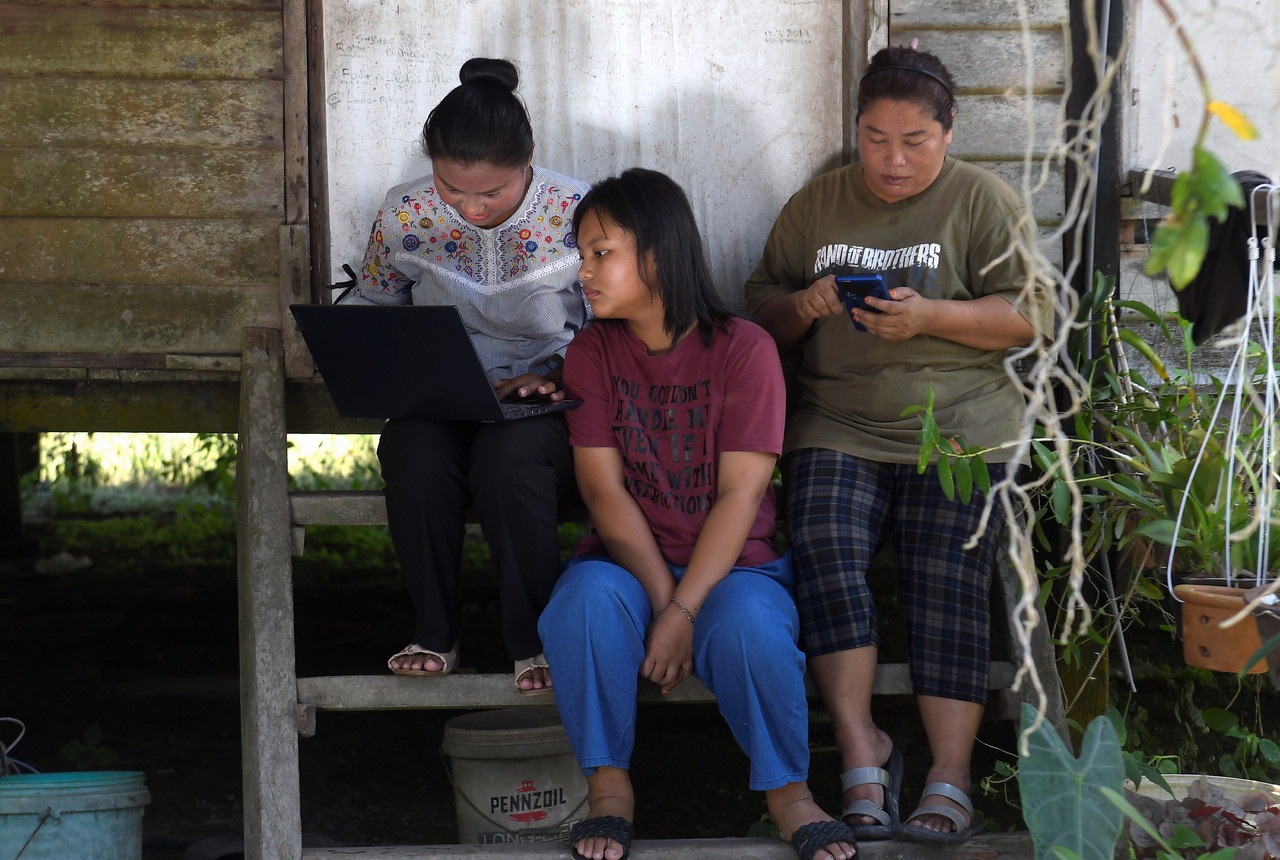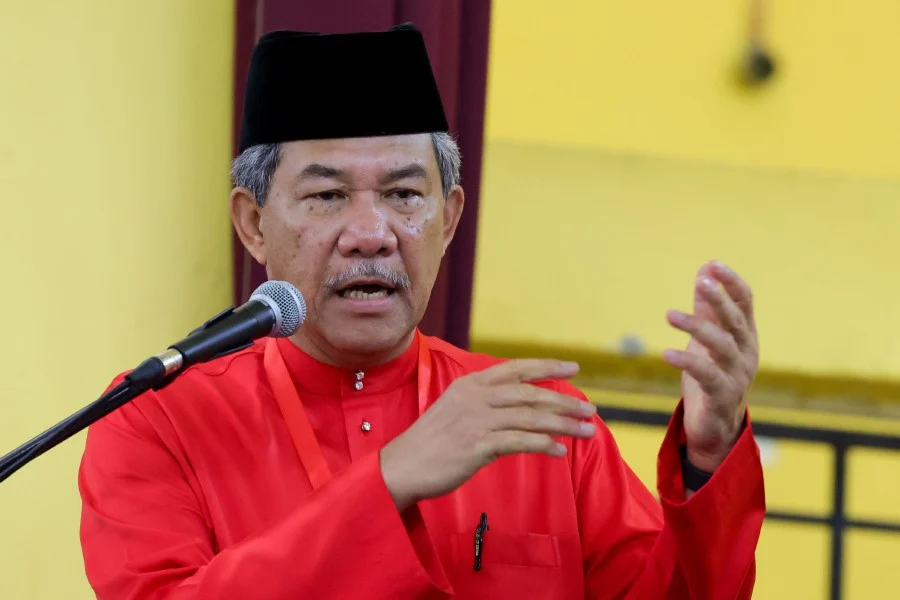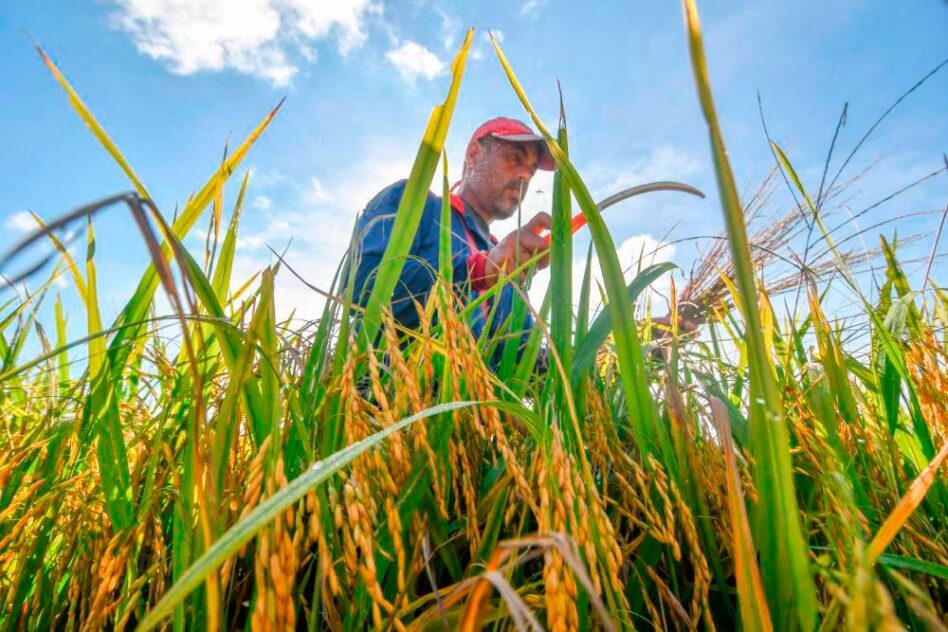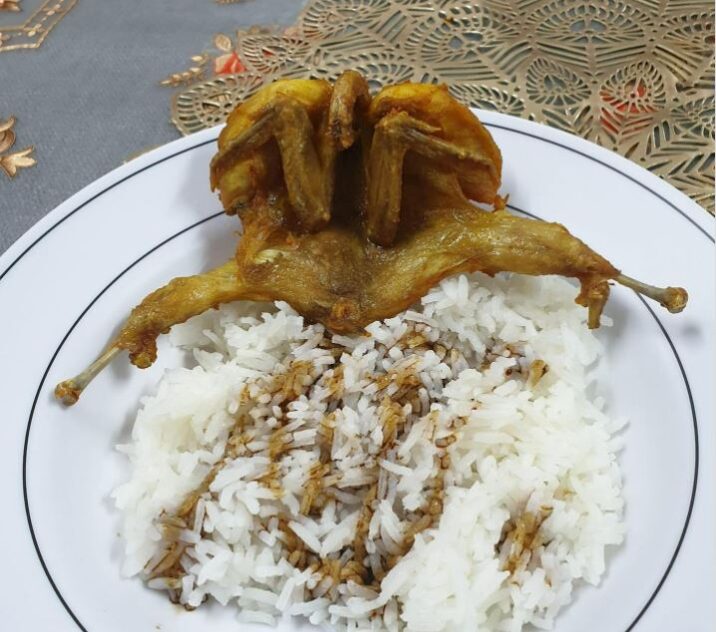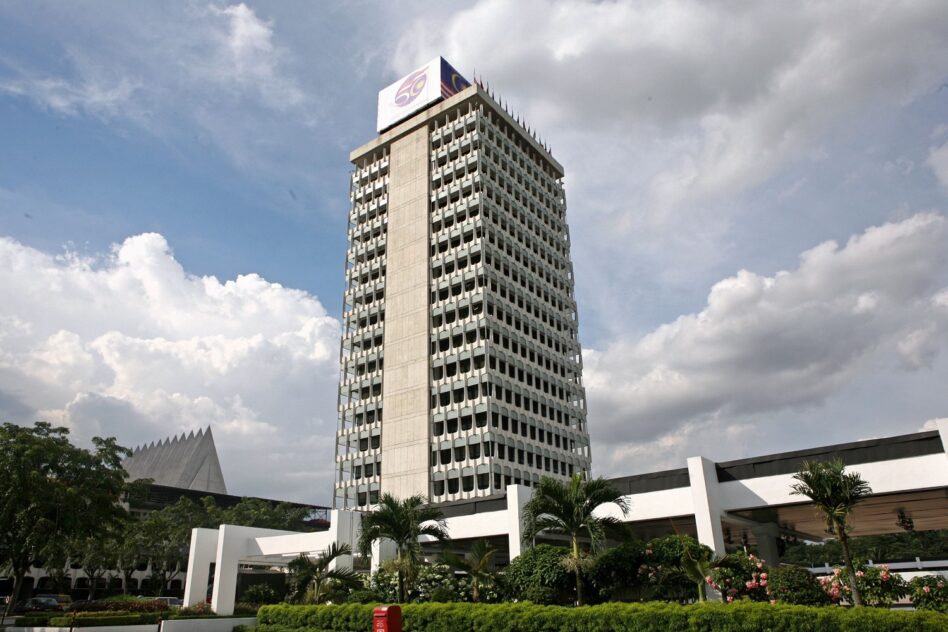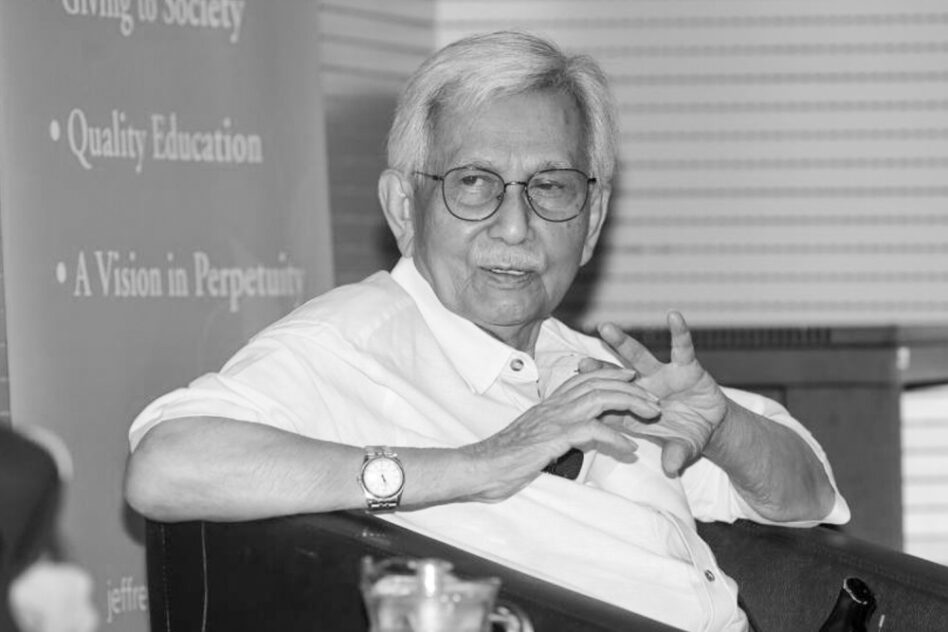THE COVID-19 pandemic has heightened and intensified exposure to the vulnerability of Malaysian women and girls on such issues as mental health, domestic violence, period poverty, limited or inflexible occupational arrangements, and socio-economic empowerment.
Although various quarters have been playing their respective roles through awareness programmes and campaigns, the gender gap still persists in Malaysia.
As shown by the World Economic Forum (WEF) in its Global Gender Gap Report 2021, Malaysia ranked 112 out of 156 countries in the 2021 Global Gender Gap Index (GGI) with an overall score of 0.676.
Moreover, the work-from-home (WFH) arrangements during the COVID-19 pandemic has disproportionately increased the share of childcare, housework, cooking and grocery shopping among working parents.
Such a scenario is especially true among working women who have had to bear most of the family responsibilities compared to men besides fulfilling their employers’ expectations in a WFH environment.
The ongoing stress from family responsibilities and the high-pressure environment of confinement has contributed to a rise in domestic violence during the pandemic.
Women, Family and Community Development Minister Datuk Seri Rina Harun revealed in September 2021 that 9,015 police reports came under domestic violence since the lockdown measures for the COVID-19 pandemic started in March 2020.
Also, the long isolation from prolonged lockdown measures has caused more Malaysians to fall into mental health problems. Out of 1,708 suicide cases between Jan 2019 and May 2021, 83.5% (1,427) involved women.
Single mothers, in particular, are a socially and economically vulnerable group who are susceptible to committing suicide when they become so desperate arising from the lack of financial capability to provide for their children.
Many hardcore poor and B40 female-headed households face inadequate or poor access to safe and hygienic use of sanitary products due to financial constraints.
Notwithstanding, the current administration’s effort to provide more Local Social Support Centres for domestic violence victims and basic personal hygiene kits to 130,000 B40 female teenagers under Budget 2022 is laudable.
However, there is still a critical need to intensify the advocacy and promotion of women issues so that men could have a clearer idea of what women are facing (and vice versa).
To address Malaysia’s gender gap effectively, schools have to equip teachers to teach a variety of education modules at the primary, secondary and tertiary levels.
Hence, EMIR Research would like to recommend that the Ministry of Education Malaysia (MOE) emphasise:
Sexual and reproductive health education
Education providers could educate boys and girls from a young age (ie. at the age of 10 onwards) by including topics like reproductive health, substance abuse, emotion management, family, relationships, diseases and safety.
Sexual and reproductive health education could reduce the risk of the human immunodeficiency virus (HIV), sexually transmitted diseases (STDs), unintended pregnancies, child marriage, and sexual violence and abuse.
It also enables girls and boys to understand themselves biologically and empowers them to speak up when they experience the violation of sexual boundaries.
There will be greater awareness at the community and societal level when boys and girls engage with sexual and reproductive health issues/topics through the formal schooling environment as well as the wider regular social encounters.
Science, Technology, Reading, Engineering, Arts and Mathematics (STREAM) education
Former education minister Maszlee Malik indicated in his earlier statement in March 2021 that it is crucial to increase the interest among students in Science, Technology, Engineering and Mathematics (STEM), expand access to learning STEM subjects and evolve STEM to STREAM.
However, this STREAM education initiative has to come alongside appropriate digital devices and connectivity.
Students without digital devices or Internet accessibility could not upgrade themselves with necessary digital, reading and technical skills, thereby diminishing their chance to find decent jobs with decent pay after graduation.
Moral education
Teachers could organise regular family visits, especially to underprivileged communities, to inquire and check on the well-being of students under their care.
This should ensure that values that are passed on is further reinforced and impressed upon by the interaction between the primary role model (parents) with the secondary role model (teachers) in front of the students.
Students that have developed the right attitude and emotional quotient (EQ) would stand a higher chance to be hired after graduation and also could contribute to nation-building at the same time.
Civic education
Civic education could be defined as the provision of information and learning experiences to equip and empower citizens to participate in the democratic processes.
By incorporating civic education into the curriculum, students would come to properly understand and appreciate their rights and responsibilities as citizens which is part and parcel of the wider nation-building process.
When they reach the age of voting, they will have the ability to make a better choice on which political party or candidate to vote for. They would also be aware of how their vote affects the electoral outcome.
To summarise, MOE could work closely with the Ministry of Women, Family and Community Development Malaysia (MWFCD), civil societies and corporate sector to educate Malaysians on gender issues comprehensively and holistically.
When men and women could pay more attention to issues affecting the other gender, they would view them as national issues that will affect the life of every ordinary Malaysian. – April 6, 2022
Amanda Yeo is Research Analyst at EMIR Research, an independent think tank focused on strategic policy recommendations based on rigorous research.
The views expressed are solely of the author and do not necessarily reflect those of Focus Malaysia.


